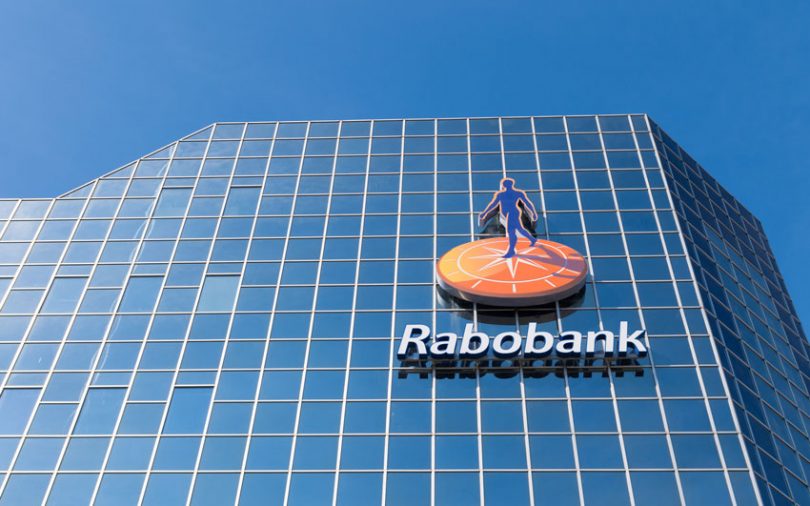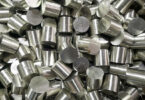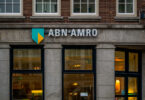In 2018 a blockchain consortium focused on funding the commodity supply chain was formed by Dutch bank Rabobank, commodities trader Concord Resources and warehousing firm PGS. In November 2019 the group executed a physical sale and repurchase (repo) trade using blockchain, the CTRM Center reported.
Repos are a type of financing, in which the lender temporarily owns the goods instead of getting a lien or charge over the assets. The original asset owner repurchases the commodity at an agreed time and slightly higher price.
In July 2019, Insurer AON and software developer Gen10 joined the consortium. They participated in the blockchain trial, which involved the repo trade of aluminium between Concord and Rabobank.
Rabobank is the second-largest bank in the Netherlands and earned revenues of €12 billion ($13.4 billion) in 2018. The Concord aluminium billets, which were stored in a PGS warehouse in Delfzijl, the Netherlands, were traded with Rabobank in London.
Traditionally, repo transactions are time-consuming and involve several email exchanges before a trade is finalised. There is also a risk of disputes, for example, the case between Mercuria and Citibank over a $270 million repo transaction.
In that instance, Mercuria sold some metals to the bank. And before Mercuria could repurchase the commodities as agreed, it was discovered there was a fraud in China relating to fake warehouse receipts. It impacted numerous traders, and the metals did not exist. Although a repo agreement is essentially a financing arrangement, the initial English court ruling considered the first leg of the transaction an actual sale.
Would blockchain help in that scenario? The reality is blockchain cannot prevent all fraud. But it should avoid double financing of warehouse receipts provided that every bank granting finance checks the validity of the receipt on the blockchain.
Coming back to the consortium, it aims to drive efficiency, traceability and transparency in metals trading and repo financing using the blockchain platform. It tracked the metal from the point of trade to delivery and provided real-time confirmation of completion without manual intervention. The trade took less than five minutes to complete using a mobile phone.
“Historically, it’s been a slow process but the technology now means we can complete large-scale transactions in a simpler, more time-effective manner with greater traceability,” said Peter Zonneveld, Rabobank’s global head of structured inventory products.
The blockchain platform is being developed by Gen10, which provides commodity management solutions to Cargill, Louis Dreyfus, Concord Resources, and the U.S. Department of Agriculture. A spokesperson told Ledger Insights that the blockchain repo platform was designed to be DLT agnostic but currently uses Hyperledger Fabric.
Meanwhile, Rabobank is one of the founders of the trade finance consortium we.trade. It initially targets SMEs by providing open account trade finance solutions.
komgo is another blockchain trade finance platform specifically targeting commodities in which Rabobank is a member alongside other prominent Dutch banks ING and ABN Amro and several other international banks. To date, the focus of the initiative has been on oil and gas.






